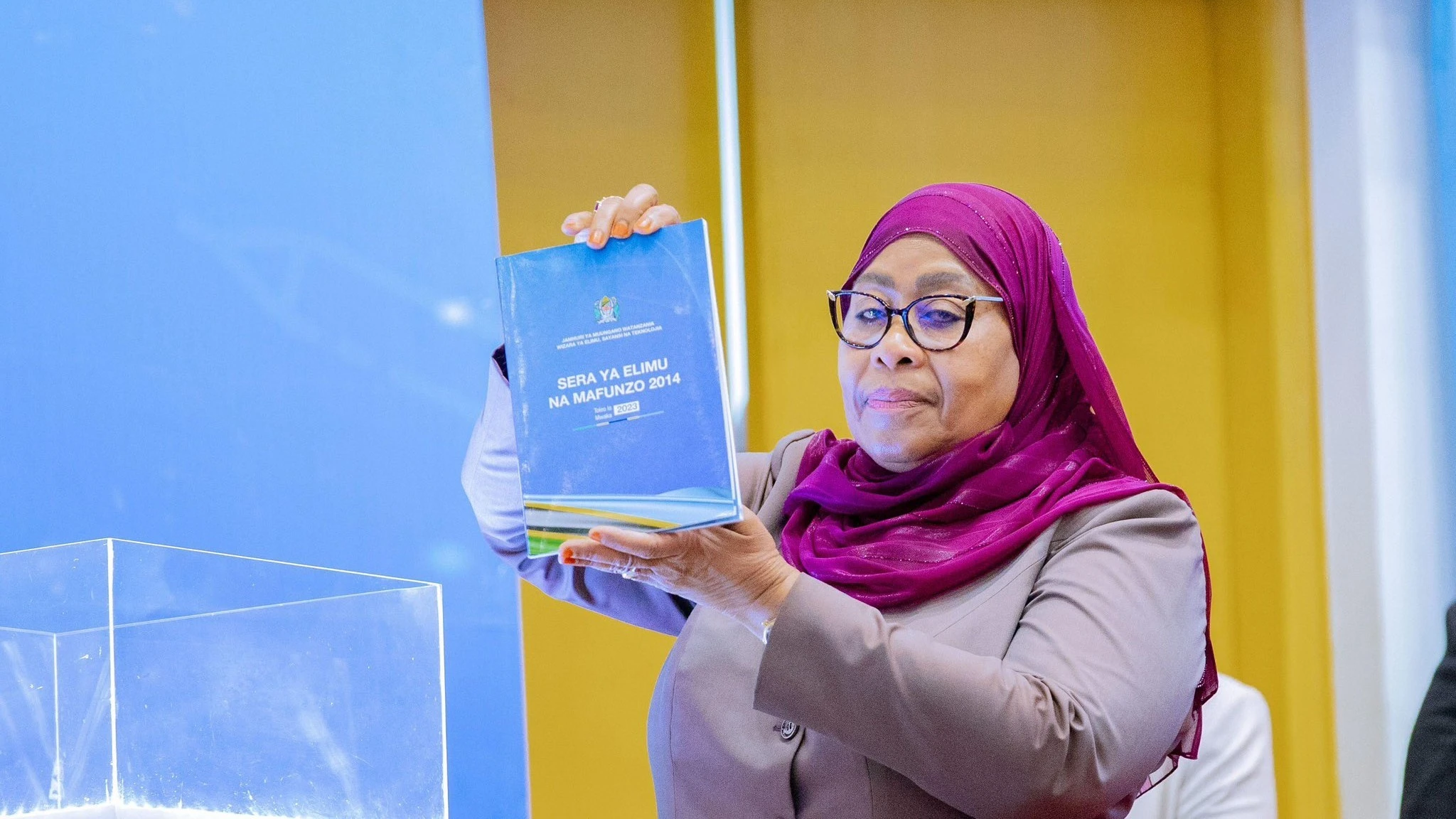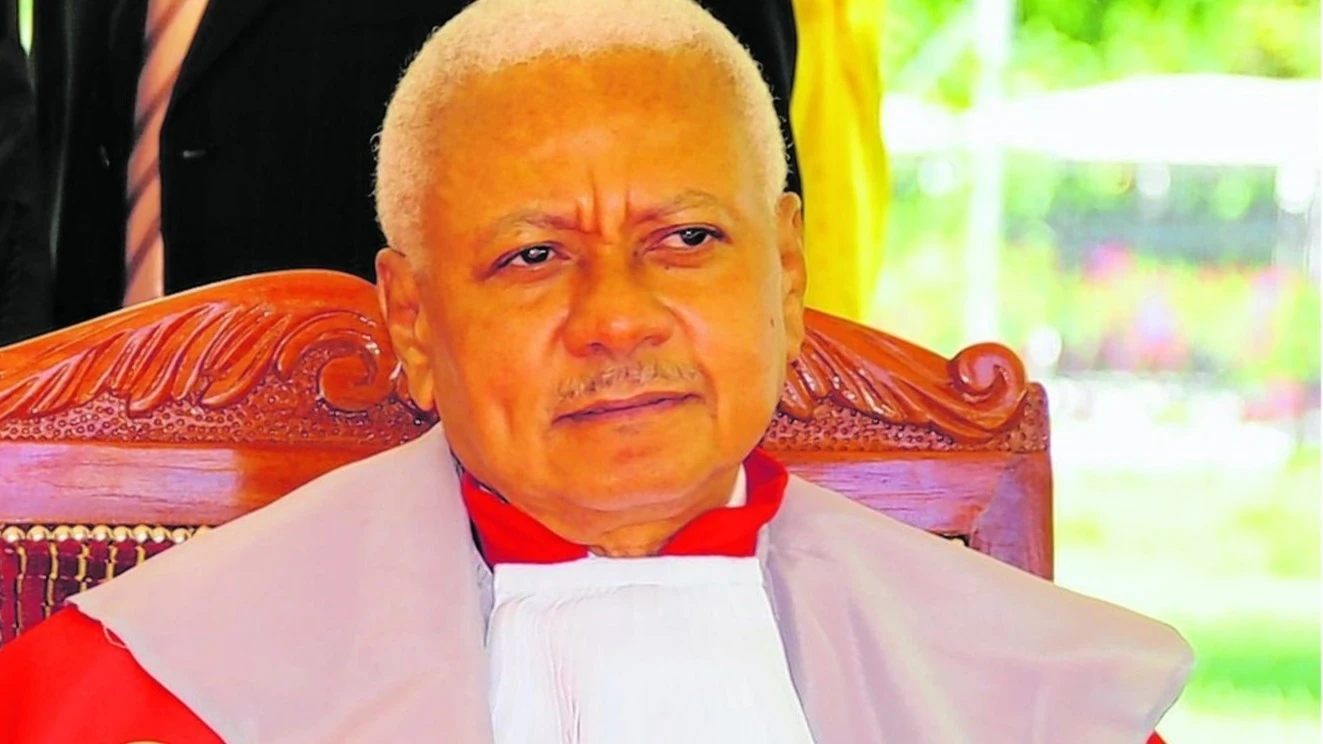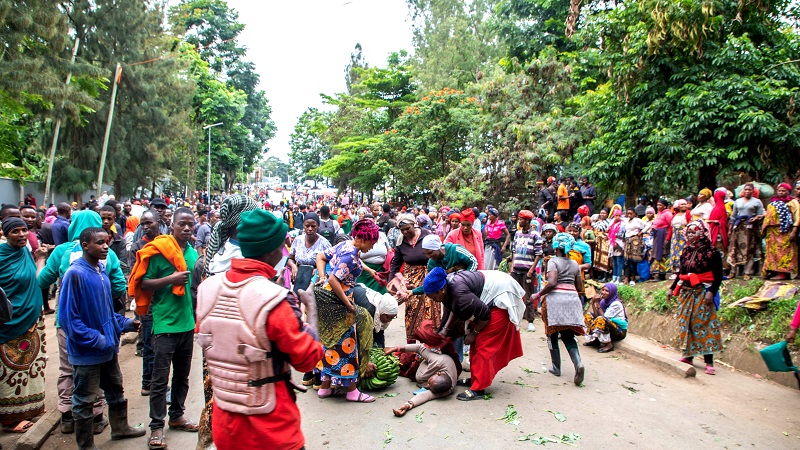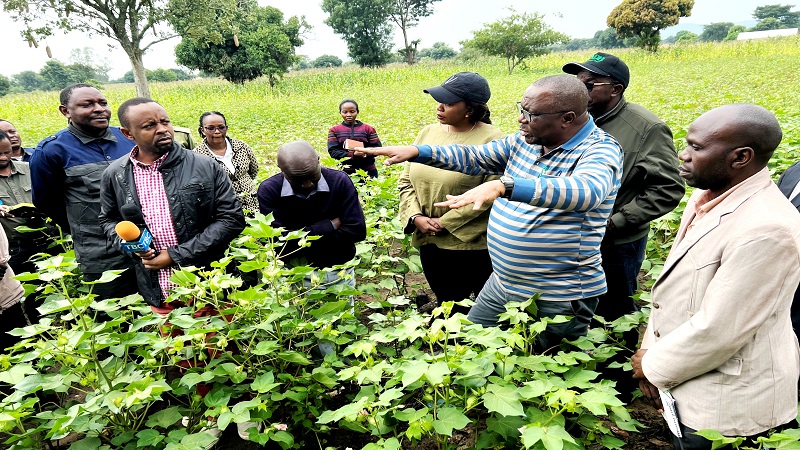Zanzibar commences budget monitoring for gender equity

THE President’s Office Finance and Planning in Zanzibar, with support from UNICEF, yesterday held second high-level budget monitoring symposium under the theme ‘Investing in Gender and Equity Budgeting to transform social outcomes and service delivery’.
During the dialogue, key stakeholders from ministries, departments and agencies as well as development partners discussed how the bodies in specific sectors perform in implementing their budgets and planned activities as essential instruments to improve the delivery of basic service such as health care and education for children in Zanzibar.
The symposium's analysis highlighted significant progress made in the areas o health, water and energy, community development, gender, elderly and children as well as education in achieving their financial targets for the 2022/2023 fiscal year.
For the 2024/2025 fiscal year, budget monitoring has been expanded to include two additional sectors: agriculture and blue economy.
“Some of the achievements made since the first budget monitoring symposium in December 2023 include improved gender and equity planning and budgeting; improved capacity of the budget department to undertake budget monitoring as well as improved resource prioritization in monitored sectors, among others,” said Zena Mahmoud Hassan, Commissioner of Budget.
Efficient budget monitoring efforts by the President’s Office (Finance Planning) have yielded improved planning, budgeting, decision making and collaborations with sector ministries. Other results include linking sector budgets with the Zanzibar Development Plan as well as strategic alignment of resources to national priorities.
Similarly, capacity-building efforts across ministries have equipped planners with tools to adopt Specific, Measurable, Achievable, Relevant, and Time-bound (SMART) indicators, ensuring their budgets deliver measurable outcomes.
A cornerstone of the progress has been the introduction of gender and equity-sensitive budgeting, identifying specific activities that promote gender and equity and deliberating specific allocations in the six pilot sectors. This has led to the development of a gender and equity sensitive roadmap, marking a critical step toward inclusivity in fiscal planning.
“At the heart of public financial management lies a nation’s ability to turn fiscal strategies into tangible results for its people,” said UNICEF Country Representative Elke Wisch said: “For Zanzibar, this means ensuring that every resource allocation reflects an investment in the future where children, women, and vulnerable populations have equitable access to essential services and opportunities.”
Top Headlines
© 2025 IPPMEDIA.COM. ALL RIGHTS RESERVED






















